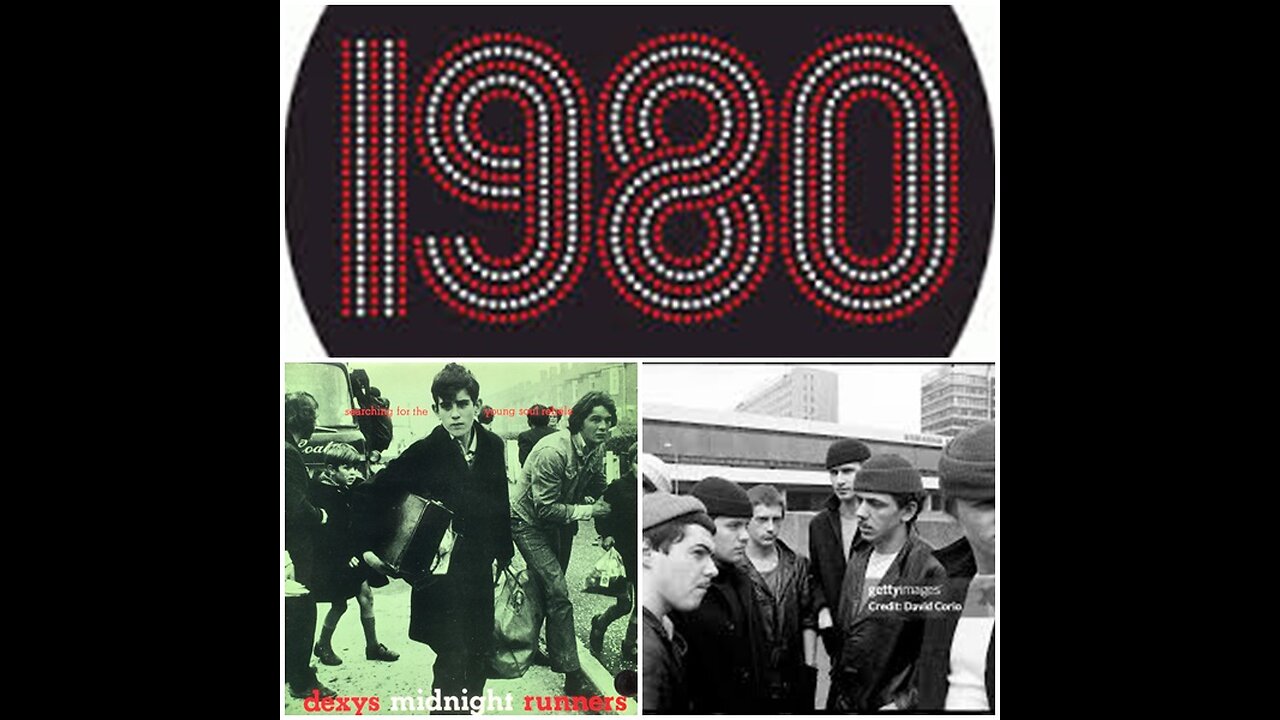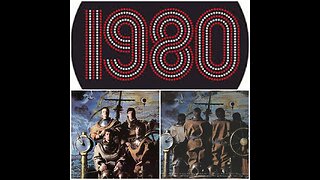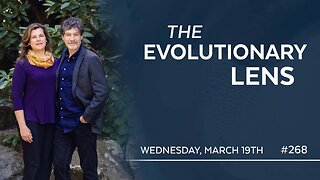Premium Only Content

My Top 20 albums of 1980 No 5
Dexy’s Midnight Runners Searching For the Young Soul Rebels: 30th Anniversary Special Edition Review
Tracks
1. Burn It Down
2. Tell Me When My Light Turns Green
3. The Teams That Meet in Caffs
4. I'm Just Looking
5. Geno
6. Seven Days Too Long
7. I Couldn't Help If I Tried
8. Thankfully Not Living in Yorkshire It Doesn't Apply
9. Keep It
10. Love Part One
11. There, There, My Dear
"The first of three Dexys masterpieces and one of the greatest UK debuts ever."
The first of the three disparate Dexys masterpieces and one of the greatest UK debuts ever, this was - with hindsight - the bridge between punk and new romanticism. Upon its 1980 release it just sounded weird: brazen yet beautiful, both lovingly retro and caustically original. Kevin Rowland had growled in Midlands punk bands but now felt an epiphany. Soul, he decided, was the best way to channel dissent and desire. He recruited musicians who could actually play - and play horns - and layered lyrics over shapes mapped out by Stax and Motown.
The pulsating result opened up new rooms in the house of groove, yet it’s Rowland’s persona which dominates. His stressed, committed vocals and tumbling torrents of words remind one how rarely we hear visionary auteurs in pop. Even in 2010, moments here scrape the dust from your ears. (A second disc offers numerous radio sessions and demos.) It just so happens that it’s the least brilliant of the hallowed Dexys triptych, yet Too-Rye-Ay and Don’t Stand Me Down reached giddying zeniths.
Rife with "you-talkin’-to-me?" attitude, its chart hits were staccato stomp Geno and the (superior) There, There My Dear, in which Rowland rants at an "anti-fashion" phoney who affects to like Sinatra. (Like many Rowland-isms, this was misunderstood - he loves Sinatra.) Burn It Down (nee Dance Stance) opens with a radio playing snippets of dinosaur rock, punk and even The Specials before it’s flicked off and the horn trio urge you to "welcome the new soul vision". Rowland is in his element railing against perceived sleights: his causes include the Irish, literature and a hunger for R-E-S-P-E-C-T. While the octet’s instrumentals and covers are sharp, the slower, introspective, narcissistic numbers are the bigger clue that here was a major voice. In I’m Just Looking and I Couldn’t Help It If I Tried, Rowland becomes a white existential Otis, chiefly by sheer willpower and self-belief.
Doubt was to disturb him, as it does all great artists. This though was the sound of a soul released from a straitjacket. While his then Two Tone rivals will always read as prose, this still blazes as poetry.
-
 10:20
10:20
JohnVicarysMusicPassions
1 month agoMy Top 20 albums 1980 No 7
521 -
 LIVE
LIVE
vivafrei
5 hours agoElon CONFIRMS Biden Played Politics with Astronauts; JFK Files Dud? Trump Attacks Poilievre & MORE!
39,611 watching -
 LIVE
LIVE
Dr Disrespect
5 hours ago🔴LIVE - DR DISRESPECT - WARZONE - 10 WINS IN A ROW EVENT
2,703 watching -
 LIVE
LIVE
Candace Show Podcast
1 hour agoRyan Reynolds Wants to COME OUT… Of The Lawsuit | Candace Ep 163
5,308 watching -
 1:42:16
1:42:16
The Officer Tatum
2 hours agoLIVE Tesla Vandalism is the NEW J6 + MORE Officer Tatum Show EP 81
5.28K6 -

Darkhorse Podcast
4 hours agoThe 268th Evolutionary Lens with Bret Weinstein and Heather Heying
4.73K30 -
 18:39
18:39
Revenge of the Cis
2 hours agoLocals Episode 201: Her
1.93K -
 1:07:05
1:07:05
Crypto Power Hour
1 day ago $2.51 earnedThe Crypto Power Hour - Your LifeLine To Crypto
27.8K6 -
 2:15:27
2:15:27
The Quartering
4 hours agoJFK Files Implicate Israel, CIA Building On LOCKDOWN Over Armed Man, SWATTINGS Continue & More
174K165 -
 1:01:47
1:01:47
In The Litter Box w/ Jewels & Catturd
21 hours agoAstronauts land in the Gulf of America | In the Litter Box w/ Jewels & Catturd – Ep. 765 – 3/19/2025
49K8